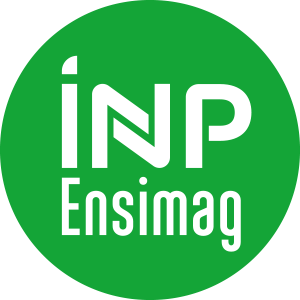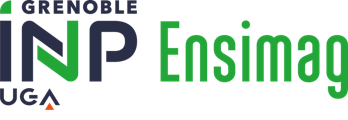Number of hours
- Lectures 14.0
- Projects -
- Tutorials -
- Internship -
- Laboratory works 34.0
- Written tests -
ECTS
ECTS 4.0
Goal(s)
Know the main existing programming paradigms
Know their strengths and weaknesses
Know how to effectively learn a new programming language
Responsible(s)
Lionel RIEG
Content(s)
- Generalities on programming languages: features, genericity, interpretation/compilation, static/dynamic
- Imperative paradigm: mutation of memory
- Functional paradigm: purity (no internal state), sharing, laziness
- Declarative paradigm (non-functional): description of a problem, not its resolution method
- Object paradigm: data/operations combination, encapsulation, late binding
- Event-based paradigm: actions triggered/planned by events
- Comparison between paradigms by common exercises in practical work sessions
- Programming experience, regardless of language
- Common data structures: tables, lists, trees, dictionaries, hash tables, etc.
- Recursion, complexity (cost computation)
- Notions of automata for event-driven programming (GUI in particular)
Test
The course is not assessed.
Calendar
The course exists in the following branches:
- Curriculum - Core curriculum - Semester 6
Additional Information
Course ID : 3MMPP
Course language(s): 
The course is attached to the following structures:
- Team Programming and Software
You can find this course among all other courses.



